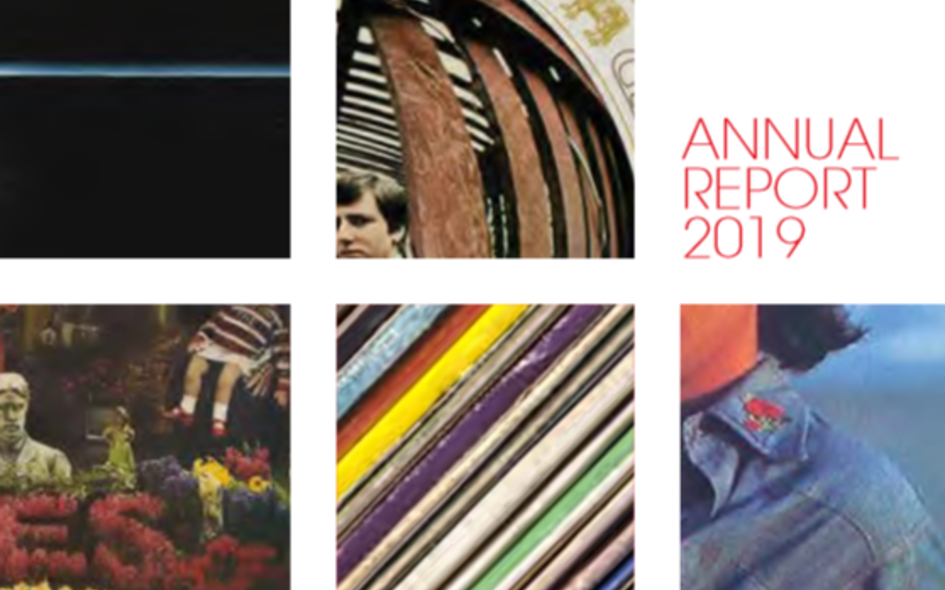Annual Report 2019 published
28-04-2020
In 2019, Sena achieved stable financial results for its affiliated performers, session musicians, conductors, choirs, orchestras and music companies. In addition, several service innovations were started in 2019 and process improvements were implemented to further improve the quality of services to rightsholders. This and more can be found in the annual report that Sena publishes today.
The good results for 2019 are overshadowed by the far-reaching consequences of the Corona crisis for both our rightsholders and the buyers of music licences. For the time being, the annual Meetings of Affiliates have been postponed to June 30th.
Financial results 2019
Both the Dutch as the international invoiced licence fee income increased in 2019, respectively by €2.1 million to a total of €64.5 million and by €372 thousand to €7.7 million. Total invoiced licence fee income amounted to €72.1 million.
Gross distribution on the Dutch licence fee income rose by €1.2 million. Gross international distribution decreased by €3.3 million, primarily as a result of a catch-up effect in 2018 with regard to onward payments from previous years.
2019 saw a slight rise in gross operating expenses; by €279 thousand compared to 2018. Consequently, the net cost deduction percentage (net operating expenses as a percentage of national licence fee income) rose by 0.2% to 11.5%.
Service innovations
New functionalities were added to the Sena app and the rightsholders portal MySena in 2019. Tests were conducted with ‘machine learning’. Promising test results will lead to a follow-up in 2020.
The standardization of data exchange between neighbouring rights organizations is an important success factor for collective management organizations within the global musical ecosystem.
In addition to our leading role in the Virtual Repertoire Database (VRDB1) project, Sena is one of the first organizations to start using the Repertoire Data Exchange (RDx2).
Impact of the Corona crisis
Both rightsholders and customers of Sena are hit hard by the Corona crisis. Shortly after the March distribution it was decided that all Sena employees work from home. Sena’s licence fee income will come under pressure in 2020, partly due to the sharp decrease in advertising revenues at the commercial radio and television stations, as well as dance events being cancelled up to 1 September. Liquidity problems have arisen among entrepreneurs in many sectors. In good cooperation with fellow MLC’s, it has been decided to suspend collection activities. Compensation schemes will have to be developed as soon as the duration and impact of the Corona crisis can be somewhat determined in 2020.
An additional tranche of the Sena Music Production Fund of initially €0.2 million has been made available to artists and musicians who have seen their work flow come to an abrupt halt. The urgent need for income of our rightsholders is evident from the fact that the number of applications submitted represents a value of €2.3 million. It was recently decided that Sena will make €1 million available for an emergency fund for performers and record producers, which will be opened shortly. The government is called upon to make a substantial contribution to the fund because the generic government measures are inaccessible and/or insufficient for many rightsholders.
1 VRDB is a database where all members of SCAPR (the international umbrella organization for collective management organizations for performers) upload both their local repertoire and their playlist data, after which an automatic link takes place.
2 RDx is a portal commissioned by IFPI / WIN (the global interest groups for music companies) in which repertoire claims are standardized in one central location for processing by organizations such as Sena.
The complete annual report can be viewed here.